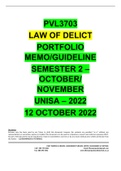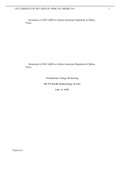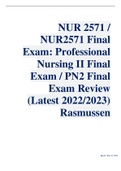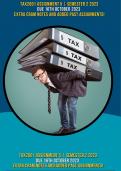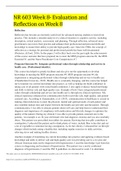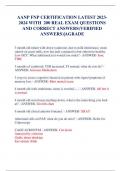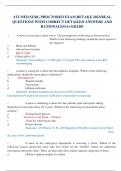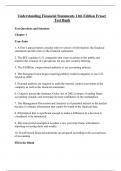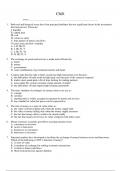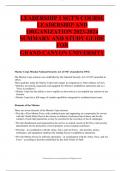Exam (elaborations)
PVL3703 PORTFOLIO MEMO/GUIDELINES - SEMESTER 2 - 2022 OCT./NOV. - UNISA (WITH DETAILED FOOTNOTES AND BIBLIOGRAPHY)
- Course
- PVL3703 - Law Of Delict
- Institution
- University Of South Africa (Unisa)
PVL3703 PORTFOLIO MEMO/GUIDELINES - SEMESTER 2 - 2022 OCT./NOV. - UNISA (WITH DETAILED FOOTNOTES AND BIBLIOGRAPHY) QUESTION 1 Lesego works as a messenger and driver for the University of Summer. Her job is to make deliveries on behalf of the University of Summer, mainly for the office of the ...
[Show more]
